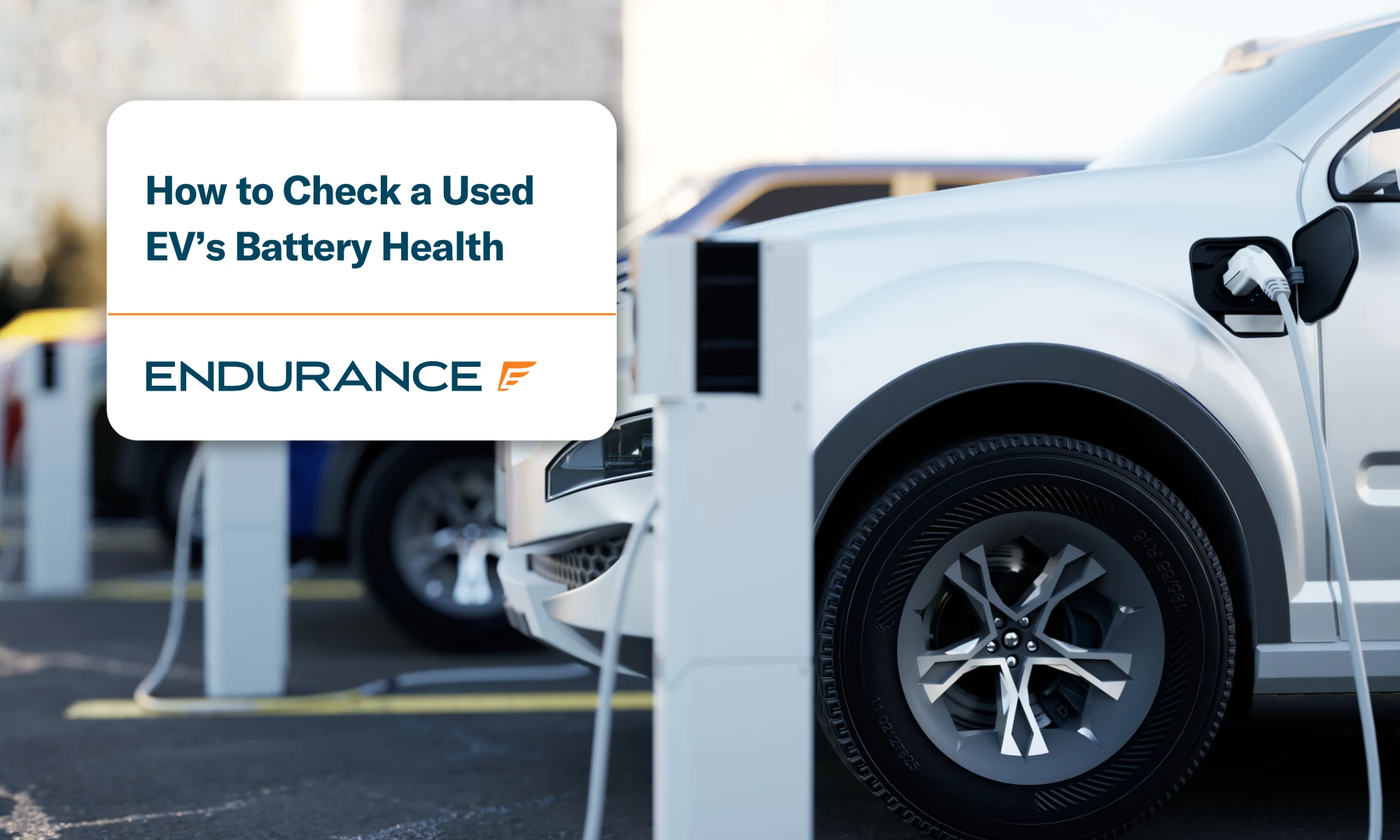
Essential Guide: How to Check Battery Health When Buying a Used EV
Battery health is crucial when buying a used electric vehicle (EV) as it directly impacts range, performance, and value. Here's how to evaluate an EV's battery condition before purchase.
Why Battery Health Matters
- Battery capacity decreases over time through degradation
- Directly affects driving range and performance
- Replacement costs can be prohibitively expensive ($8,000-$22,000)
- Some models (like early Nissan Leafs) are more susceptible to degradation

Electric car charging at station
How to Check Battery Health
- Official Battery Health Report ($150-$300):
- Most reliable method
- Available through authorized dealers
- Includes physical inspection
- Provides detailed capacity analysis
- Alternative Methods:
- Onboard diagnostics system
- Third-party OBD-II apps
- Recurrent Reports (monitoring service)
Real-World Testing
- Charging Assessment:
- Test all charging levels (Level 1, 2, and 3)
- Compare charging speeds to manufacturer specs
- Note any charging delays or issues
- Range Testing:
- Fully charge and note estimated range
- Test in various conditions (city/highway)
- Drive in different temperatures
- Compare to original range specifications
Battery Warranty Coverage (2024-2025 Models)
- Most manufacturers: 8 years/100,000 miles
- Hyundai/Kia: 10 years/100,000 miles
- Rivian: 8 years/120,000-150,000 miles
- Tesla: 8 years/100,000-150,000 miles
- Many offer 70% capacity guarantee

Professional headshot of smiling man
Replacement Costs Without Warranty:
- Tesla: $15,000-$22,000
- Chevrolet Bolt: $16,000-$17,100
- Luxury EVs: Higher costs expected
Consider third-party warranty coverage for additional protection on other EV components, though high-voltage batteries are typically excluded from these plans.
[Images and related articles section maintained as in original]
